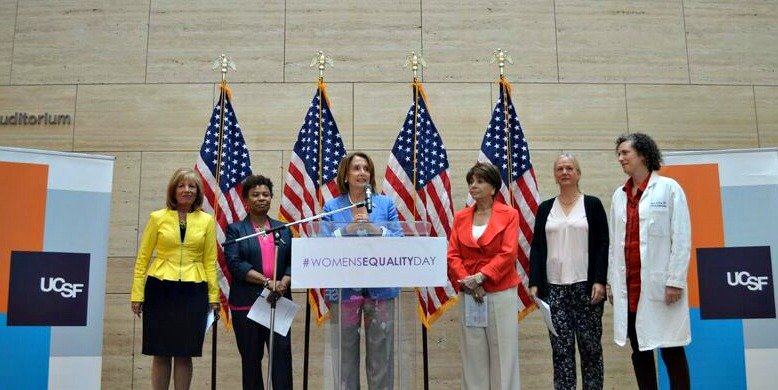
"Legal Battle Unfolds: Gender Discrimination Claims in Pharmacist's Refusal to Provide Emergency Contraception"

In a legal battle, lawyers representing a woman denied emergency contraception in 2019 argued before the Minnesota Court of Appeals on Thursday that the pharmacist who declined to fulfill the prescription discriminated against her based on her gender. On the opposing side, an attorney representing George Badeaux, the pharmacist at Thrifty White in central Minnesota, contended that Badeaux’s refusal to dispense the medication, rooted in his religious convictions, did not constitute a violation of state and federal laws. The case revolves around differing interpretations of whether the denial of emergency contraception on religious grounds constitutes discrimination, bringing into focus the intersection of personal beliefs and healthcare access.
Last year, a jury concluded that George Badeaux did not engage in discrimination against Andrea Anderson, a mother and foster parent, when he declined to fulfill her prescription for the pregnancy prevention drug, Ella. Despite this ruling, the jury awarded Anderson $25,000 for emotional distress, a sum she cannot collect due to the absence of a discrimination finding, as explained by Jess Braverman, one of Anderson’s legal representatives. Gender Justice, an advocacy group for gender equity, alongside other attorneys for Anderson, appealed the jury’s decision this year, contending that Badeaux’s refusal constituted illegal discrimination on the grounds of sex. Braverman asserted in court that the incident amounted to pregnancy-related discrimination, emphasizing that Badeaux unlawfully discriminated against Anderson based on her gender by refusing the prescription for a drug exclusively prescribed to women. Anderson, undeterred, eventually obtained her prescription from a Brainerd pharmacy, enduring a round-trip exceeding 100 miles through wintry driving conditions in 2019.
Rory Gray, a lawyer for Badeaux, argued federal and state law would not classify Badeaux’s actions as pregnancy discrimination.
The Minnesota Human Rights Act “is focused on motives, not consequences,” Gray said. “Mr. Badeaux had to have a discriminatory motive. The jury found that he did not. And that’s backed up by the statute, which does not impact so much what is done as to why it’s done.”
Gray added that Badeaux was not focused on himself or on Anderson when he refused to fill the prescription. “Primarily, he was focused on a third party. And that’s the life that’s formed when an egg is fertilized,” Gray said.
Braverman said it doesn’t matter if Badeaux was trying to harm Anderson or not.
“That’s not an element of a discrimination claim. It’s simply whether they denied the person full and equal access to goods and services,” Braverman said.
“The problem that happened here was that the court instructed the jury that if Mr. Badeaux didn’t intend to cause Ms. Anderson harm and stigma and shame, then they have not committed discrimination. And that is not the law in Minnesota — it’s whether you intended to discriminate, which we have … uncontroverted testimony of that here,” Braverman added.
The panel of three judges has 90 days to rule on the appeal.
Since the U.S. Supreme Court ended constitutional protections for abortion last year, some states have expanded access to emergency contraceptives and birth control while other states have restricted access and enacted abortion bans.
Dozens of universities across the country now carry emergency contraceptives in vending machines, according to the American Society for Emergency Contraception. Some, such as the University of Tulsa in Oklahoma, are in states where abortion is largely banned.
